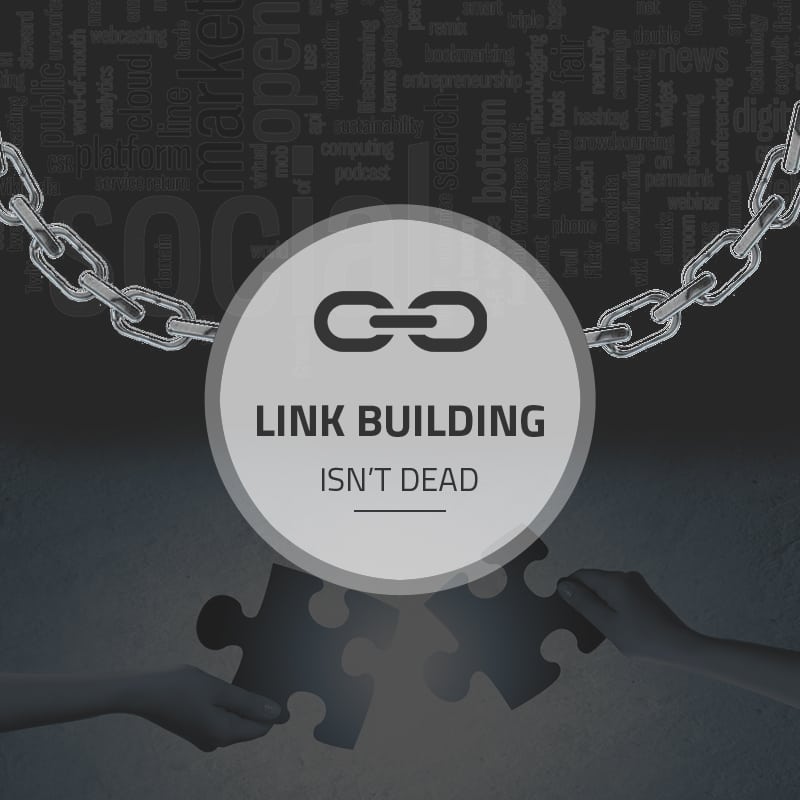 In the old days of SEO, linkbuilding was a crucial part of getting one’s site noticed, indexed and to the top of the search engine results. Then, because of underhanded tactics, spam, and annoyance, Google put out its Penguin software to combat the situation. Now, linkbuilding isn’t dead, but it is risky business.
In the old days of SEO, linkbuilding was a crucial part of getting one’s site noticed, indexed and to the top of the search engine results. Then, because of underhanded tactics, spam, and annoyance, Google put out its Penguin software to combat the situation. Now, linkbuilding isn’t dead, but it is risky business.
First of all, don’t give up linkbuilding. It is of utmost importance. The difference now is that honesty is the best policy, and quality is even more so. Quality in the form of content and layout. Stuffing your site with keywords, putting up paid inbound links, joining link exchanges, are all out. Don’t even think about using those tactics or Goggle will comedown on you like a ton of bricks.
What you want to do is look at your site, evaluate how spam my or unprofessional it appears and clean things up fast. Next, you have to look at your overall battle plan whereby you use quality content, well tagged pics and videos, co-citations, reviews, and of course, social media. Social media is a great way to promote and get interest and authority. People who have similar sites may well link to you and that will make you look good in the eyes of the search engines. On top of that, when other authority sites recognize your work and link to you and may ask for a link back, that will show the Penguin software that the big boys think you’re something special and you will see those gains in traffic, authority, and search engine rankings.
If you want to be daring, ask people to link to you. If you have one or more Facebook pages, which you should have, then post about how you would appreciate links to your site from similar sites. If there’s a site you are impressed with, don’t be shy about requesting a link. All they can say is no, and down the line when you do get large, they may come a-calling to swap links. Don’t get vengeful, see if they have maintained their status first and then grant them the exchange. If their stats have dropped, tell them to take a walk in a nice way. You’re trying to build your brand, not build extra problems.
What are the risks?
The risks being two. One, that you’ll screw up and make Google angry. Nowadays when they penalize someone, they really penalize someone. It could take months or years to remedy the situation and that means loss of traffic, revenue, and reputation. You would then be called upon to do some damage control and that isn’t cheap. Two, you’ll make your link partners angry as well as your surfers and they above all can cause you great misery. It’s all about providing a service or services via your website more than anything else. If a surfer needs something your site should be one of , if not ‘the’ website for them to come to. Google’s software will see the flood of traffic to you via the links, then scour the web for where the links are located and via what venue, i.e., blogs, Facebook, review sites, forums, or other sources. If it looks like you’re the one stop shop for these surfers o get their answers, you’ll not only get higher rankings, but your authority will be hard to challenge and take down.
